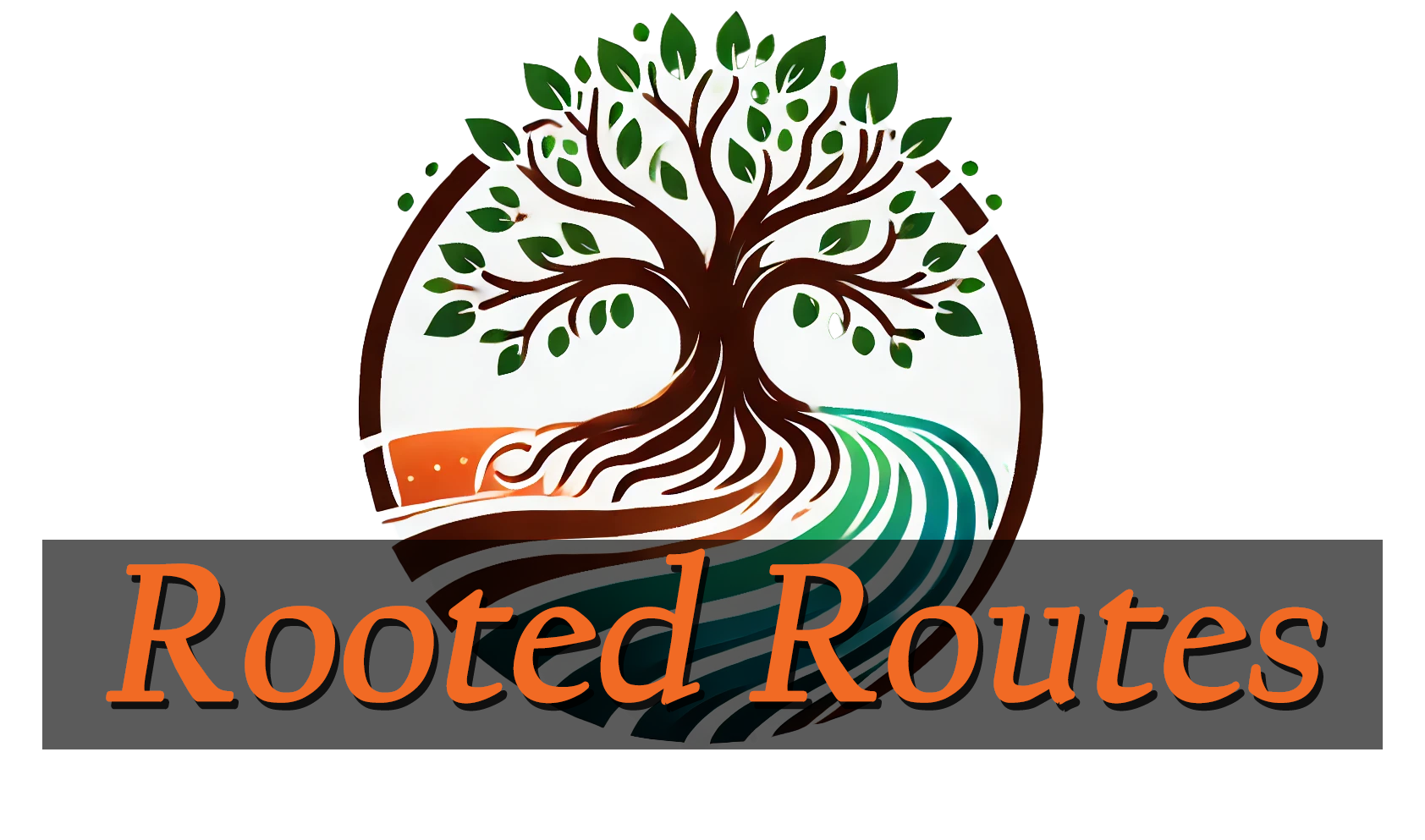We all know how social media algorithms work: spend enough time watching certain videos, and suddenly, that’s all you see. For me, it’s been immigrant stories on TikTok, people sharing their struggles, their journeys, and sometimes their frustrations.
One video, though, caught my attention. It was a young woman, clearly very upset, speaking directly to those who kept saying, “Just learn German, and everything will fall into place; you’ll get a job, you’ll integrate”. She was tired of hearing it, and honestly, I could feel her frustration through the screen.
She went on to explain how she has a C1-level proficiency in German. That’s practically fluency! Yet, she still can’t land a decent job. And she’s not alone. She says she knows others with similar language skills; B2, C1, you name it, still struggling to find work.
It wasn’t just a rant; it was a reality check. She wasn’t angry at learning the language; she was angry at the assumption that learning the language is the magic key.
It made me stop and think. I’ve heard that advice so many times myself: “Learn German, and the rest will come easily.” And while it’s true that language opens doors, I’ve met people who have certificates to prove their proficiency; people with degrees, experience, and a willingness to work. Yet, they’re stuck waiting for callbacks that never come, going through systems that feel designed to hold them back. It’s hard not to wonder; if language isn’t enough, then what is?
There’s also the judgment that comes with these conversations. The subtle (and not-so-subtle) implication that if you’re struggling, it’s because you haven’t done enough. You haven’t studied hard enough, tried hard enough, or adapted fast enough. But that’s not always the case. Sometimes, the barriers go deeper than vocabulary or grammar.
Her anger was definitely not misplaced; it reflected something bigger. Integration isn’t just about language or effort; it’s about opportunity, and sometimes that opportunity feels out of reach, no matter how much you try.
